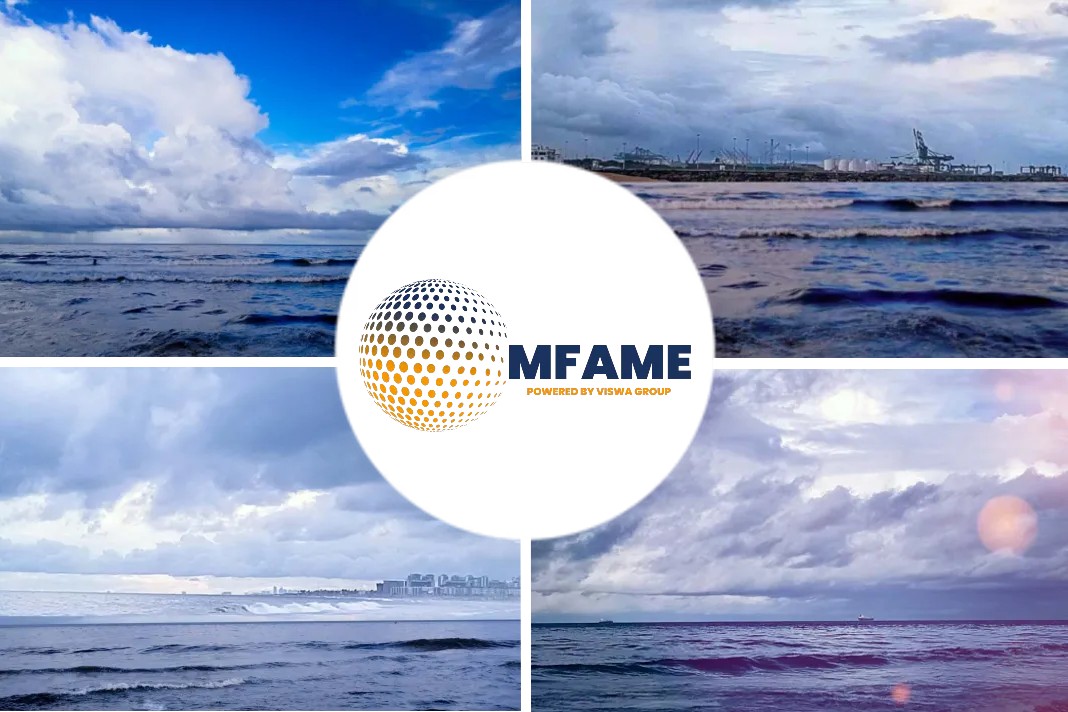- Nippon Yusen gets ready to monitor ships in real time out of Philippines.
- The monitoring facility will employ artificial intelligence to analyze data in order to prevent breakdowns.
- Nippon Yusen’s system can also work on autonomously navigated vessels that are being developed by large shippers.
Japanese marine shipper Nippon Yusen has opened a facility in the Philippines that monitors ships for breakdowns and disrepair by analyzing real-time data through artificial intelligence, reports Nikkei Asian Review.
AI to monitor engine revolutions
The monitoring facility is located at a ship crew training center in Manila. Crew members that are on furlough between voyages will be on hand to watch over roughly 200 vessels in transit, mainly those owned by Nippon Yusen.
The system is expected to produce significant savings on fuel costs, and lower repair time by two-thirds.
The AI developed by Nippon Yusen monitors engine revolutions as well as the volume and temperature of exhaust in real time, generating graphs so personnel can easily spot signs of breakdowns.
Because abnormal readings can occur even if there is no damage, human monitors will make the final call to determine the urgency of the situation, or if the data is in error.
Remote monitoring of navigation
Nippon Yusen has previously collected data from engines and other ship equipment, but to determine anomalies, ship owners have had to access a proprietary system and check for themselves.
Because ships operate on 24-hour schedules, that arrangement opened the door to oversights and sudden mechanical problems which caused slowdowns in excursions.
Nippon Yusen’s system can also work on autonomously navigated vessels that are being developed by large shippers.
“It will be necessary to have technology that will monitor abnormalities in remote navigation and engine control by automated navigation,” said Shogo Yamada, lead developer of the system.
- The marine shipper also plans to add functionality that will detect if there are aberrations with a ship’s course.
- Such a technology will bundle sensors and GPS equipment that would preempt accidents such as collisions with other ships, or crashes into reefs.
Did you subscribe to our daily newsletter?
It’s Free! Click here to Subscribe!
Source: Nikkei Asian Review


















